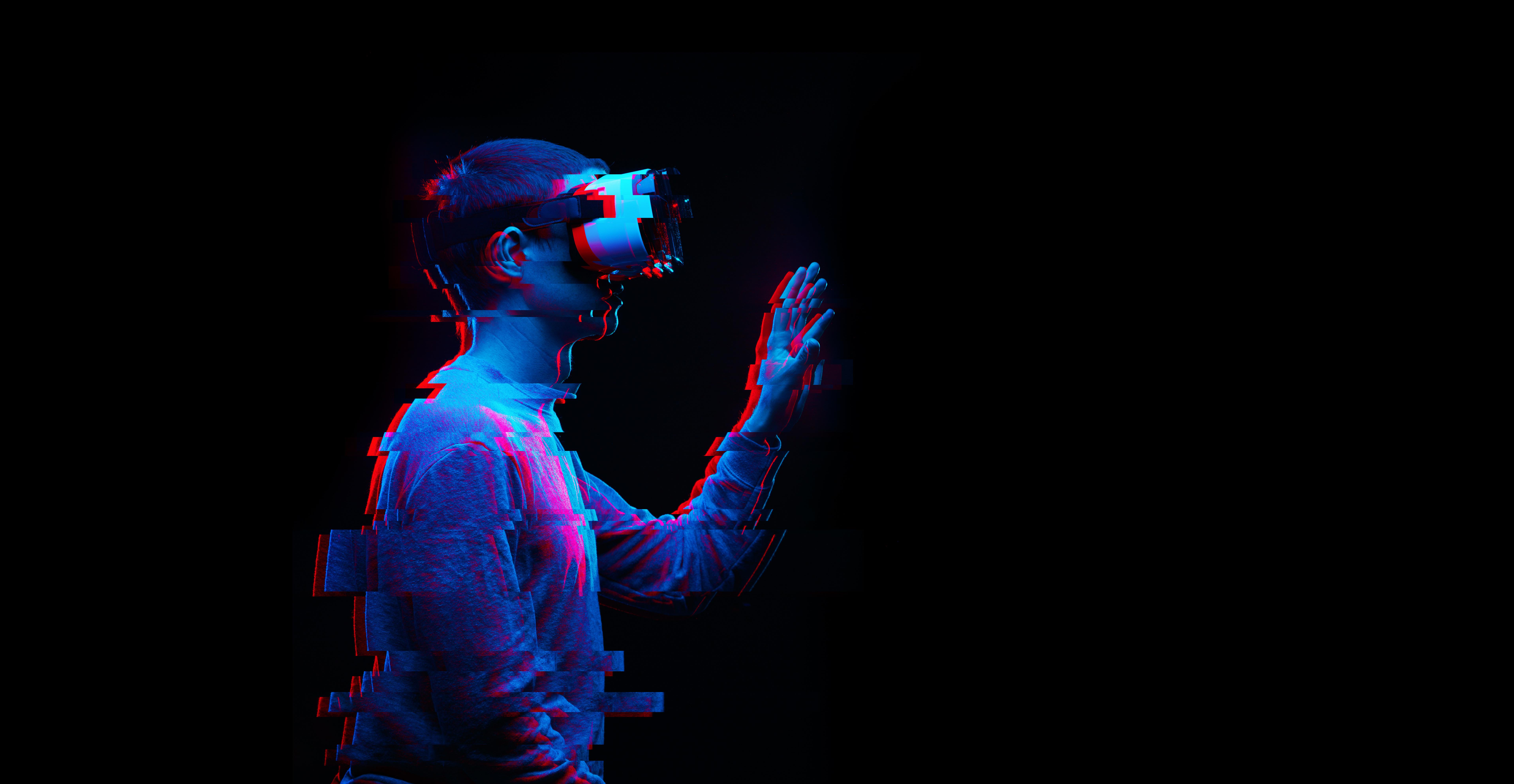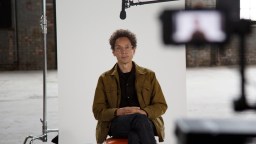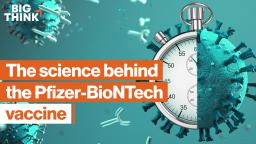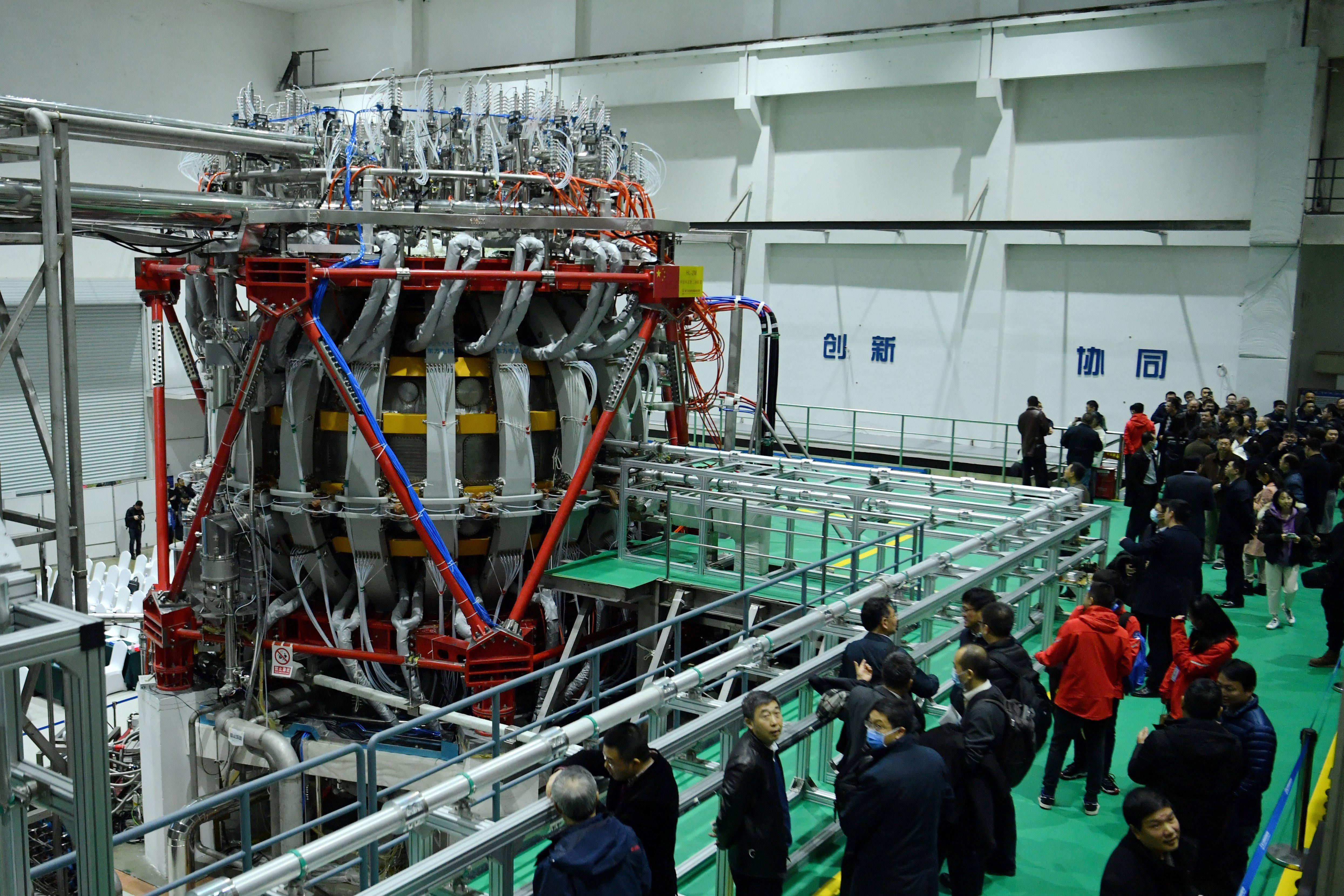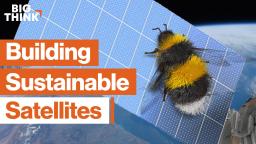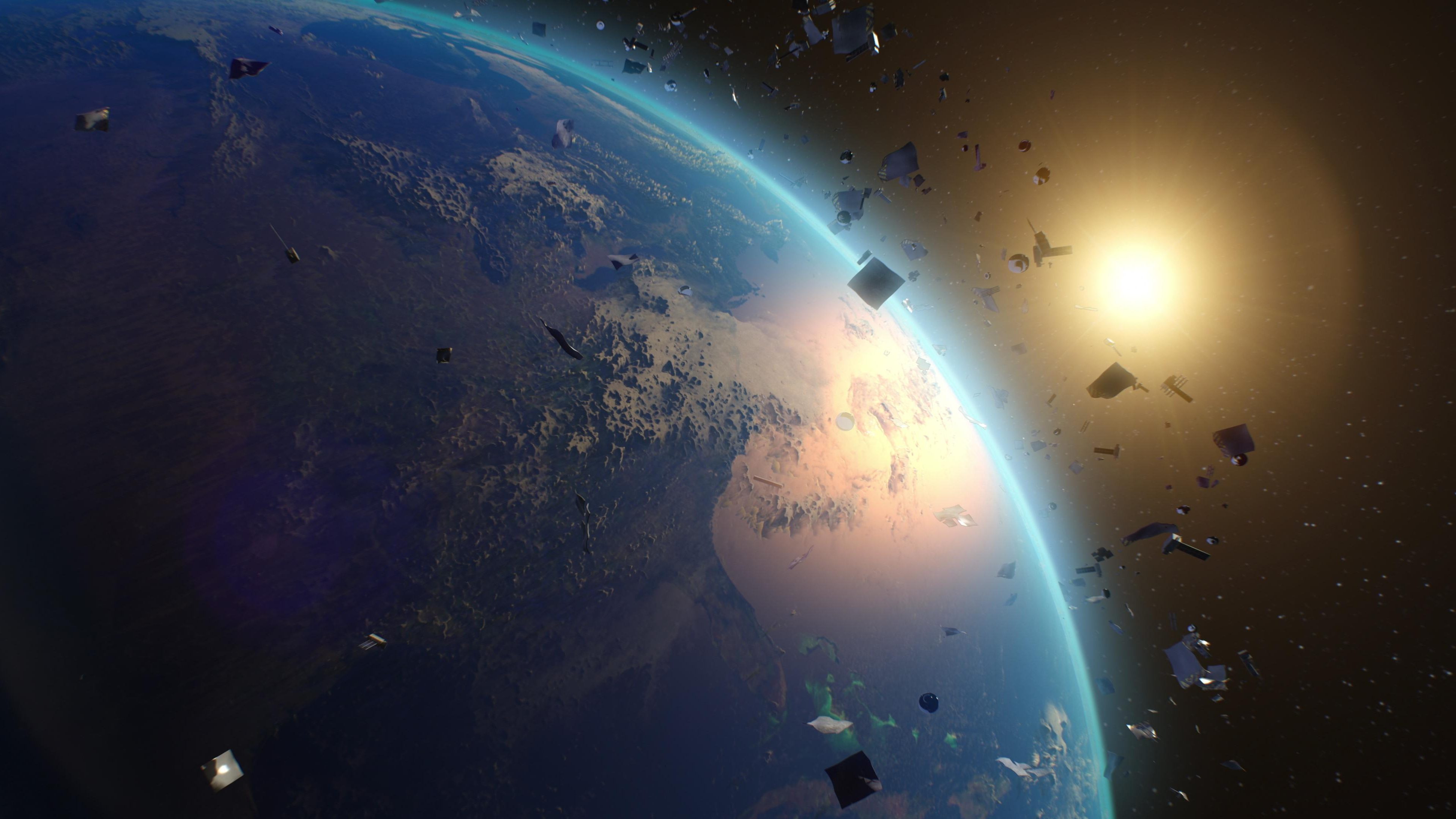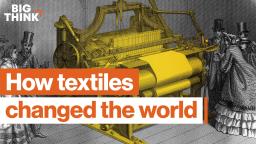technology
Virtual reality continues to blur the line between the physical and the digital, and it will change our lives forever.
Cars are no longer just a way to get from A to B.
All the latest titles from the experts at MIT.
Technology usually has more pros than cons, but every benefit still carries some risk.
Brain-based technologies of spiritual enhancement can induce mystical experiences in many people on demand. What does this mean for spirituality today?
The evidence for a link between time spent using technology and mental health is fatally flawed.
The Bomber Mafia nearly changed the world—and you’ve likely never heard of them.
▸
10 min
—
with
How were mRNA vaccines developed? Pfizer’s Dr Bill Gruber explains the science behind this record-breaking achievement and how it was developed without compromising safety.
▸
7 min
—
with
Tiny specks of space debris can move faster than bullets and cause way more damage. Cleaning it up is imperative.
▸
6 min
—
with
China has reached a new record for nuclear fusion at 120 million degrees Celsius.
How our fantasy world of the past has become everyday reality.
Say hello to your new colleague, the Workplace Environment Architect.
A new agricultural revolution could forever change the planet.
It’s time to rethink how satellites and other objects are made and eventually destroyed.
▸
5 min
—
with
Since 1957, the world’s space agencies have been polluting the space above us with countless pieces of junk, threatening our technological infrastructure and ability to venture deeper into space.
It uses radio waves to pinpoint items, even when they’re hidden from view.
A machine learning system lets visitors at a Kandinsky exhibition hear the artwork.
A team of scientists managed to install onto a smartphone a spectrometer that’s capable of identifying specific molecules — with cheap parts you can buy online.
Do you sound friendly? Hostile? And which voice would be more likely to buy something?
How fabric helped build modern civilization.
▸
6 min
—
with
A new study looks at how images of coffee’s origins affect the perception of its premiumness and quality.
The more you see them, the better you get at spotting the signs.
Are we enslaved by the finer things in life?
Researchers in Singapore invented a novel device that may help the island nation illuminate its growing underground infrastructure.
When we look at the night sky, we may see junk instead of stars.
Humans are more likely to have “first contact” with an advanced alien civilization, according to a recent NASA-funded paper.
Circle spoofing is an advanced form of GPS manipulation – but nobody knows exactly how, or why.
How our brains interpret computer code could impact how we teach it.
Creating an afterlife—or a simulation of one—would take vast amounts of energy. Some scientists think the best way to capture that energy is by building megastructures around stars.
